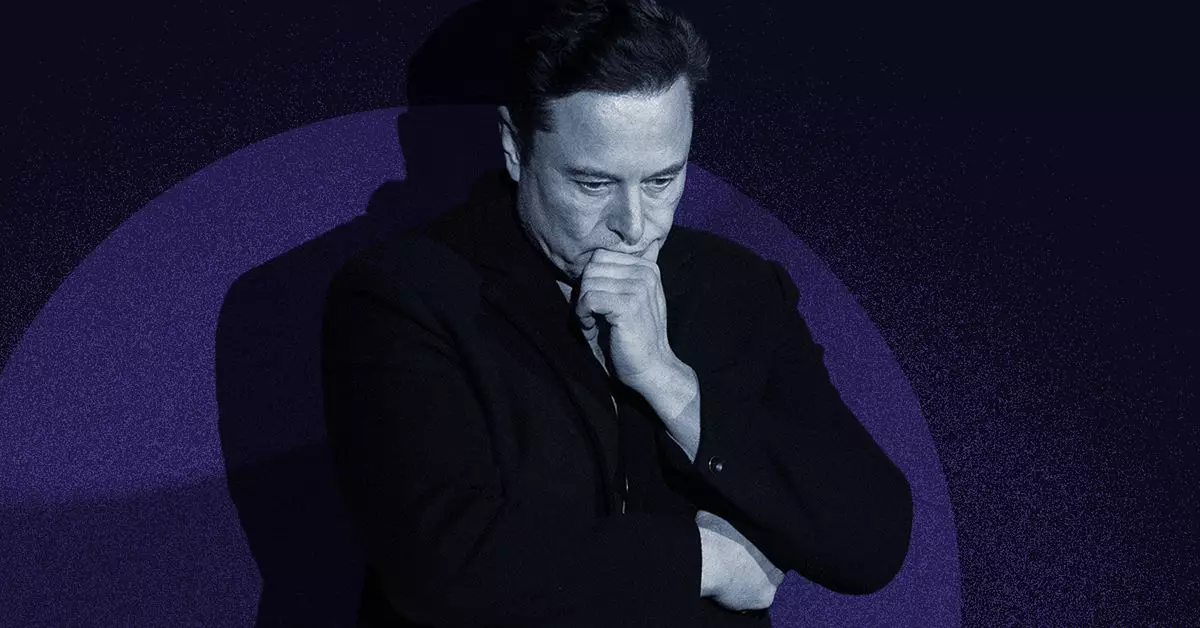Elon Musk, the influential entrepreneur and CEO of multiple tech companies, has recently taken on the unexpected role of co-leader of the newly formed Department of Government Efficiency (DOGE) advisory group. Although this initiative appears to be aimed at reducing bureaucratic inefficiency, its inception raises concerns regarding the potential consequences of Musk’s powerful social media presence on government employees. With a massive following on social media platforms, Musk seems poised to use X (formerly Twitter) as a megaphone for his critics and reform agendas, thrusting individual government personnel into the public eye, often in an unflattering light.
In a recent instance, Musk highlighted the role of Ashley Thomas, the Director of Climate Diversification at the United States International Development Finance Corporation. His comment accompanied a post that questioned the necessity of such positions, calling them “fake jobs.” This sparked a wave of responses from his followers, leading to a surge of harassment directed at Thomas, who subsequently made her social media profiles private. This action underlines a troubling trend where public shaming becomes a tactic for highlighting perceived wastefulness in government, all while stoking a culture of fear among government employees.
The fallout from Musk’s posts has not gone unnoticed. Everett Kelley, president of the American Federation of Government Employees, indicated that the choice to publicly target individuals serves to instill fear amongst civil servants. This strategy, reminiscent of Musk’s past actions—like the disparagement of individuals he perceives as enemies—opens up vast discussions on the boundaries of free expression and accountability. Musk’s commitment to the concept of “free speech” appears to disregard the repercussions of his statements, which can quickly escalate into organized harassment targeting individuals who may simply be doing their jobs.
What does this mean for the future of civil service in America? With Musk and Vivek Ramaswamy indicating that they plan to conduct much of their work in a manner that invites public scrutiny—frequently using X polls and other interactive measures—it is reasonable to expect that more government employees will find themselves in the line of fire. This shift could either lead to necessary reform or create a hostile environment where civil servants operate under duress, knowing that they could be singled out for public ridicule at any moment.
The DOGE initiative under Elon Musk presents a unique opportunity to reevaluate government efficiency. However, the methodology in which it is being pursued raises fundamental questions about the ethical implications of public discourse and the responsibilities of influential figures. As this advisory group unfolds, it remains imperative to consider not only the goal of efficiency but also the human cost associated with its implementation. The challenge lies in finding a balance between accountability and maintaining a respectful discourse that upholds the dignity of public servants.

